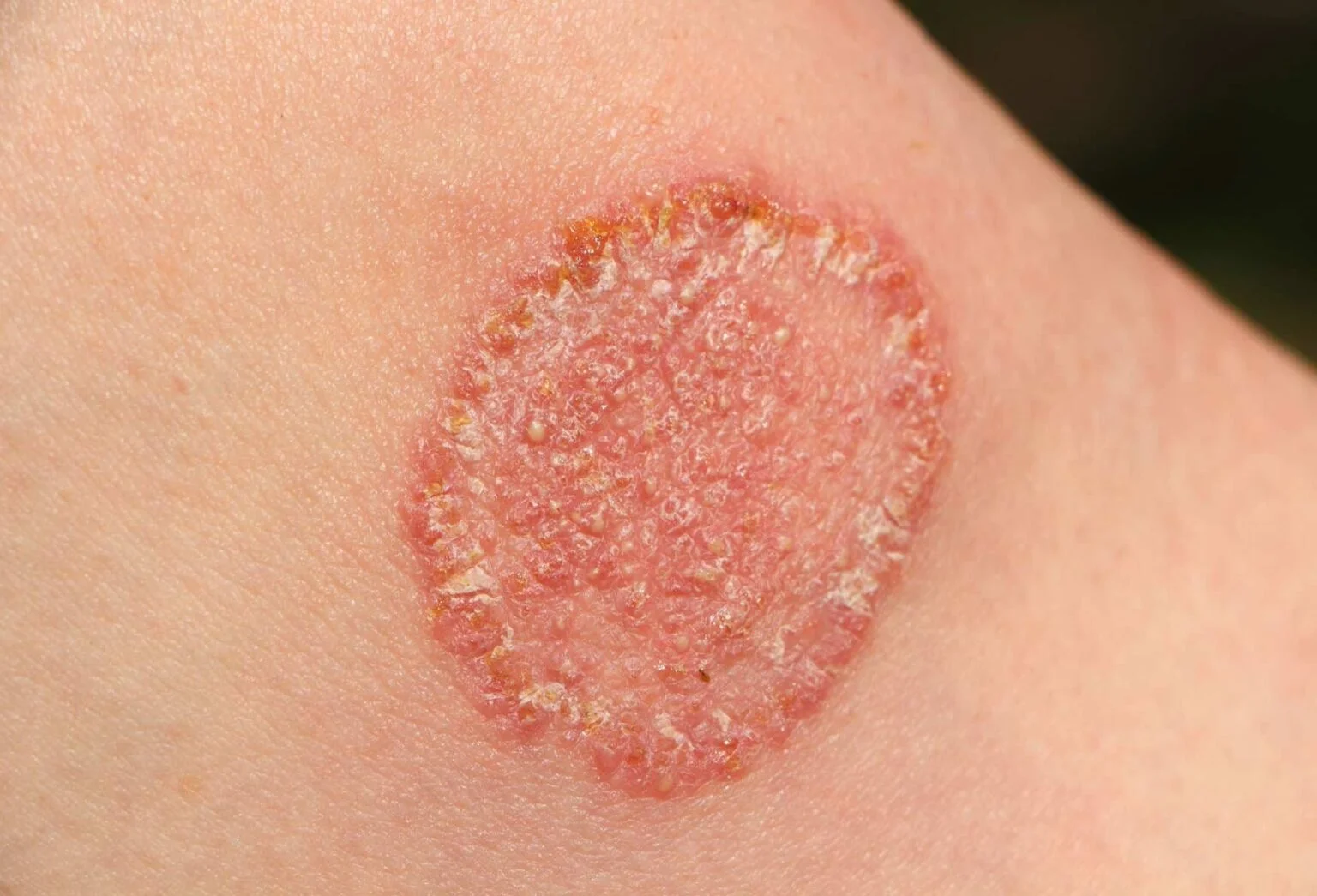
Fungi are living organisms classified separately from plants and animals. They reproduce by releasing spores into the air or surrounding environment. Many fungi naturally reside in the body, such as in the mouth, GI tract, and on the skin, but they can overgrow under certain conditions. Only a small number of fungi, like specific yeasts and moulds, cause diseases in humans. Fungal infections can cause symptoms like red, swollen, bumpy skin, discoloured or thick nails, and white patches in the mouth or throat. Anyone can get a fungal infection, but those with poor circulation, diabetes, or a weakened immune system are at higher risk. Proper hygiene and treatment are key to managing fungal infections and preventing their spread.

Fungal infections, such as athlete’s foot, ringworm, and yeast infections, cause symptoms like scaly skin, redness, itching, swelling, and thickened or discoloured nails. These infections often develop in areas prone to moisture and friction, like between toes, groin, or underarms. People with weakened immune systems, diabetes, or poor circulation are more prone to severe infections. Treatment typically involves antifungal medications, such as topical creams, oral meds, or antifungal shampoos, depending on the infection type. Proper hygiene, keeping areas dry, and following prescribed treatments can prevent recurrence, manage symptoms, and promote healing. Timely treatment is essential to avoid complications and reduce the risk of spreading the infection.
A1: Fungal infections occur when fungi, such as yeasts or molds, invade the skin, nails, or mucous membranes. They are treatable and common, affecting millions worldwide.
A2: Yes, fungal infections can spread, especially in moist, warm environments like swimming pools or gyms, but they are preventable with good hygiene.
A3: Treatment typically involves antifungal medications, including creams, shampoos, or oral pills, which are highly effective in clearing infections.
A4: Preventing fungal infections can be achieved by practicing good hygiene, keeping the skin dry, avoiding the sharing of personal items, and wearing breathable clothing.
A5: With proper treatment, most fungal infections clear up within a few weeks. Severe infections may take longer but are still treatable.
A6: Most fungal infections are mild and can be treated with ease. However, individuals with weakened immune systems should seek prompt medical care for more severe cases.
A7: In some cases, fungal infections can return, but recurrence can be prevented by continuing treatment as prescribed and maintaining good hygiene.
A8: While fungal infections can impact anyone, they are more prevalent in individuals with weakened immune systems, diabetes, or those living in humid conditions
A9: Some people use natural remedies like tea tree oil or garlic, but it’s important to consult a doctor to ensure these are safe and effective for your specific condition.
A10: Yes, antifungal treatments are safe for children, but it’s important to consult a healthcare provider for appropriate medications and dosage based on age and condition.
Klarity Skin Clinic, M – 69, First Floor,
M Block Market, Greater Kailash II, New Delhi 110048
Copyright © 2025 All Rights Reserved.
Klarity Skin Clinic is Unit of Acara Wellness Private Limited.